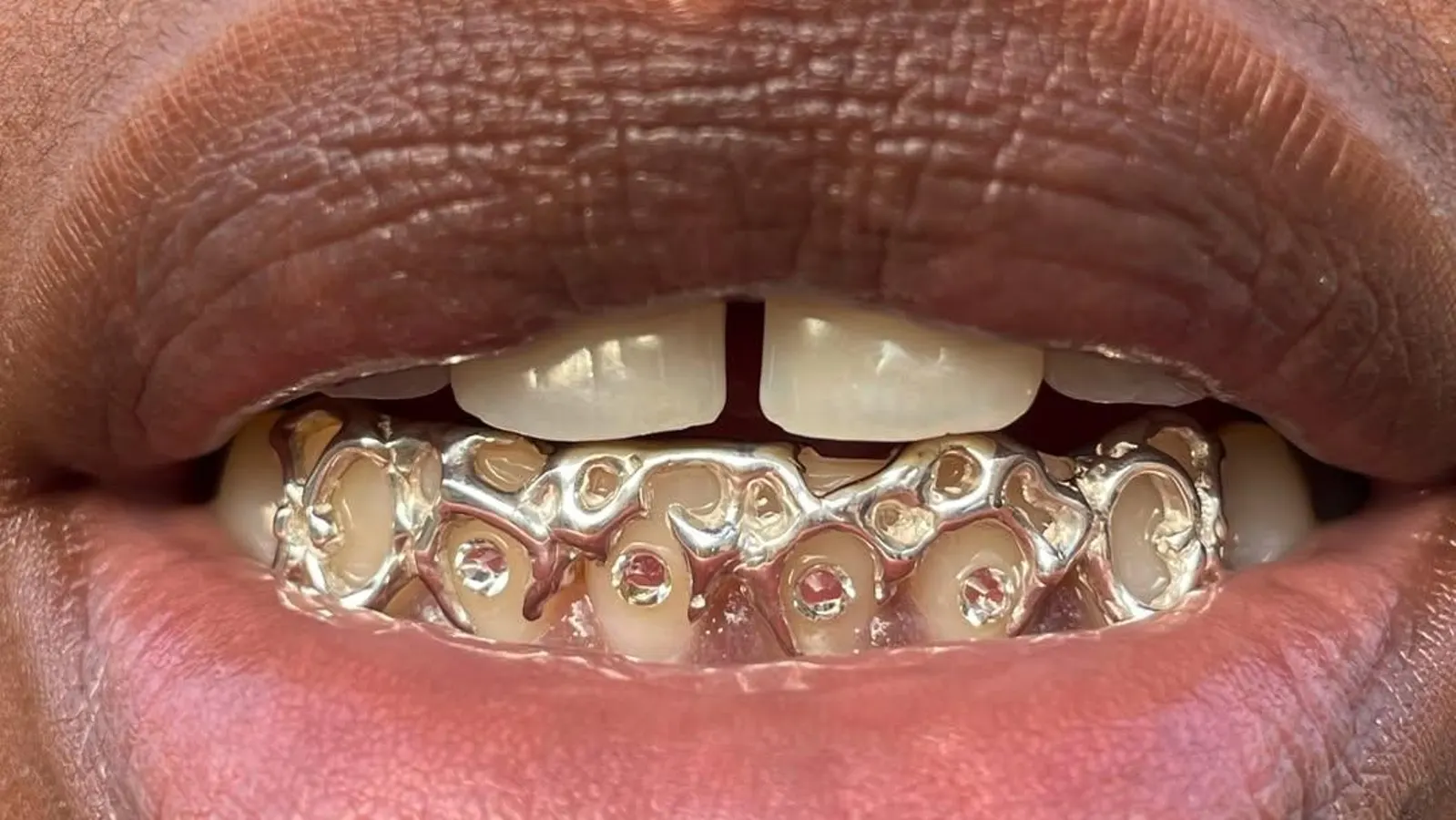By Anna Starnes,Rory Poulter
Copyright cambridge-news

Hundreds of thousands of pensioners could be due substantial payouts following a series of administrative errors that have left them financially disadvantaged for years. The Department for Work and Pensions (DWP) has acknowledged that over 130,000 people have been underpaid, with £800 million set aside so far for reimbursements.
However, the total cost could exceed £1 billion, with the rectification process not expected to conclude until at least March 2027.
Former pensions minister Sir Steve Webb, now a partner at consultancy LCP, warned: “This is one of the biggest correction exercises in the history of the State Pension. Yet many who are due money will not be aware of it unless they take action.”
The errors primarily relate to the Home Responsibilities Protection (HRP) scheme, which was designed to protect the pension entitlements of parents and carers between 1978 and 2010. In many cases, HRP was not applied, leading to significant shortfalls in National Insurance records.
Other groups affected include:
Married women who should have witnessed their pensions increase to 60% of their husband’s entitlement at retirement. Widows who weren’t granted increases after their spouse’s death. Over-80s who should be getting the “category D” top-up, valued at up to £85 a week.
Official figures suggest that the average payout exceeds £7,000, with some individuals receiving as much as £11,700.
How can you find out if you’re owed money?
Retirement specialists are urging pensioners not to wait for the DWP to make contact, reports Nottinghamshire Live.
A complimentary online checker created by LCP enables individuals to verify whether they might be receiving insufficient payments by entering their age, marital status and current pension amount. The tool can be accessed here.
Those who applied for Child Benefit prior to 2010 are being encouraged to use a Government portal to request HRP to be added to their National Insurance record. The portal can be accessed here.
The DWP has confirmed it is “committed to correcting errors as quickly as possible” but acknowledged the process could take another two years.



